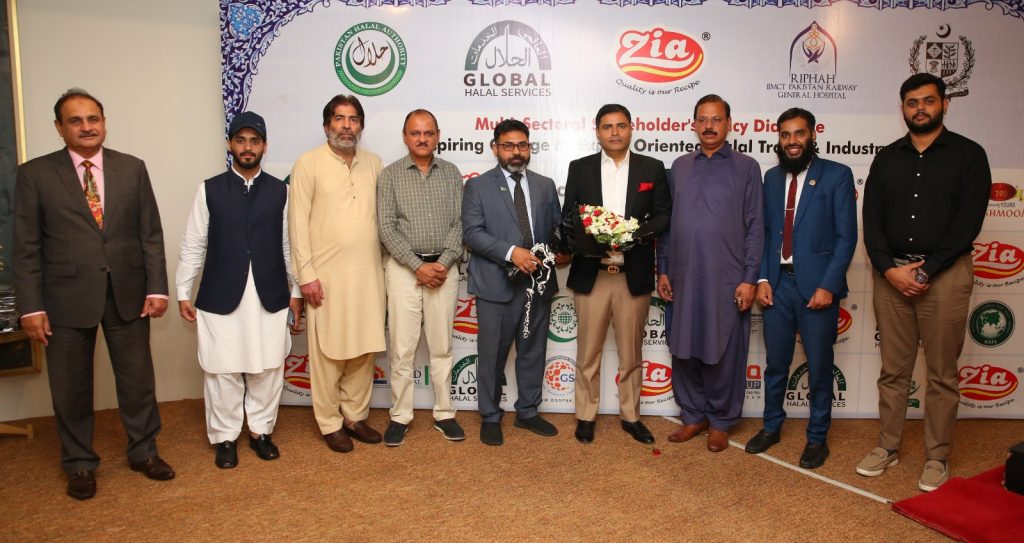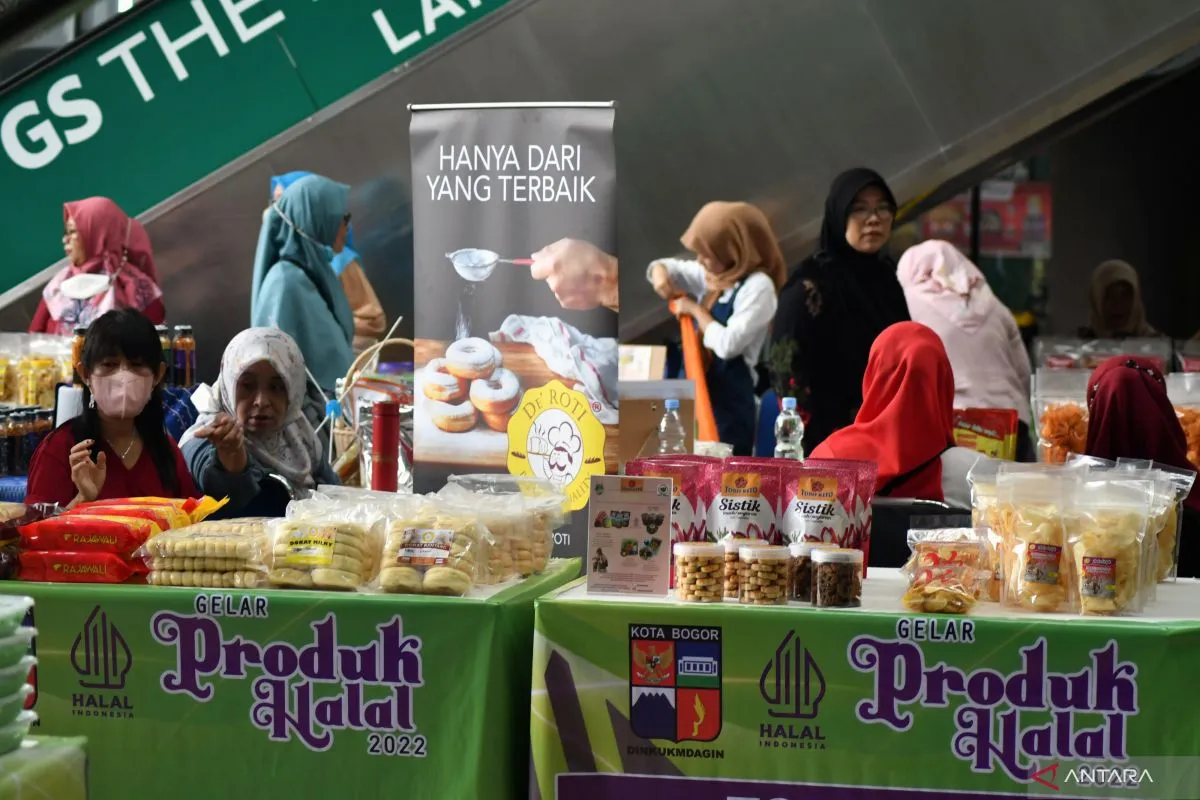Huge potential for SMEs in halal industry
By DALJIT DHESI
THE global halal
industry is huge and worth US$500bil to US$2 trillion. Its potential
can be gauged by the rising Muslim population, coupled by the surge in
demand for halal products and services worldwide.
The global Muslim population is about 1.8 billion and expected to hit close to three billion by 2010.
Realising
the importance of the industry, the Government has embarked on various
initiatives to transform Malaysia into a major global halal hub.
The
country’s credence has further strengthened following the recognition
by the Organisation of the Islamic Conference (OIC) on the nation’s halal certification.
The Government hopes the OIC recognition could act as a key enabler to encourage more businesses to go halal.
Since
its formation in 2006, the country’s Halal Industry Development Corp
(HDC) had made significant strides towards developing the domestic halal market.
This
include the formulation of the Halal Industry Master Plan, which is a
holistic and wide-ranging policy that seeks to establish Malaysia as a
global reference centre for halal integrity and a global hub for both production and trade in halal-related sectors.
One of HDC’s roles as part of the master plan is to ensure an integrated and comprehensive development of the local halal industry throughout the entire value chain.
Halal
is an Arabic term meaning “permissible” and, in its strictest form,
means that items consumed or activities undertaken must conform to the
parameters set by the Quran and Sunnah.
 Halal means that items consumed or activities undertaken must conform to the parameters set by the Quran and Sunnah
Halal means that items consumed or activities undertaken must conform to the parameters set by the Quran and Sunnah As
the dynamic industry evolves and does not restrict to only food, many
corporations and small and medium entreprises (SMEs) had lately shown
great interest in this area.
To fuel the growth of SMEs, the Government in collaboration with Bank Negara had introduced a myriad of incentives.
It recently launched two financing facilities of up to RM1.2bil to help SMEs cope with the impact of higher costs.
The
RM700mil SME Assistance Facility and the SME Modernisation Facility,
with an allocation of RM500mil, are expected to help SMEs ride through
the current higher food and raw material prices.
HDC said one of
the main problems facing this industry was capacity and advised SMEs to
consolidate for easier access to financing.
It also urged Islamic financial institutions to play a bigger role in providing financing to the halal industry.
HSBC
Bank Malaysia Bhd director for SMEs, insurance and investment, Peter
Cheah, said the bank was supportive of the Government’s move to develop
Malaysia as a global halal hub.
He said the bank strongly encourage its SME clients to achieve halal certification where their products are indirectly or directly associated in the halal industry supply chain.
“We have clients in the food manufacturing and export industry and several are halal-certified.
Our services with these clients range from financing and cash
management to trade services, in which we have facilitated many of
their exports, particularly to the Middle East.
“We are
supportive of customers who seek accreditation to validate their
products as we know these certification adds credibility, ” he said.
Certifications
include ISO (International Organisation for Standardisation) for
standardised manufacturing processes, FSC (Forestry Stewardship
Council) for forest products processing and HACCP (Hazard Analysis and
Critical Control Points) for food processing.
Halal
certification for food products is a certification that is not entirely
dissimilar, in that the accreditation sets the benchmark by which
Muslims in the world today can consume a food product with confidence.
Therefore, SMEs in the food industry should consider halal
accredition if their products are certifiable because this would
prepare them well for the future as Malaysia aims to be a global halal hub.
To this end, HSBC has a complate range of Islamic banking products as well as a takaful insurance company (HSBC Amanah Takaful Sdn Bhd) that could take care of its customers’ needs.
Cheah
noted that HSBC had acquired a full fledge Islamic bank licence in
Malaysia and would soon have a complete Islamic banking proposition to
meet the business needs of a halal food producer.
HSBC
has the full suite of Islamic financing assistance for customers
wishing to have their own business premises as well as hire-purchase
and leasing solutions for their machines.
The bank also has takaful products to ensure that the assets are protected from some uncertainties in life.
Working
capital funding may often be necessary and HSBC has Islamic products
like Amanah Bankers Acceptance and Islamic overdrafts.
“While
financing is an important reason for choosing the right bank, we feel
that SMEs need to pay attention to managing their cash flows
efficiently. When they are engaged in international trade, choosing the
right bank can help them in risk management.
“Banks that have a
comprehensive solution in cash management for SMEs and are
internationally represented for their provision of trade services
should be highly considered. HSBC fits the bill on both counts,” said
Cheah.



